Affiliate disclosure: Automoblog and its partners may be compensated when you purchase the products below.
Whether you’re shopping for summer tires, all-terrain tires, or even commercial highway tires, Michelin offers one the largest selections of tires to consumers today. Michelin tires continue to top industry expert and consumer recommendation lists, including earning the No. 1 spot in our review of the 10 best tire brands currently available.
In this article, we’ll break down why Michelin tires are considered some of the best in the business. We’ll take a look at Michelin as a whole – including industry ratings, popular tire models, tire costs, and customer reviews – to give you a better understanding of Michelin’s strengths and weaknesses.
To start comparing the best tires on the market from a variety of brands including Michelin, visit TireBuyer.com.
Founded in 1889 in France, Michelin is one of the top-selling tire brands in the world. In 2019, Michelin accounted for almost 20 percent of North American tire sales, beating out other big competitors like Bridgestone and Goodyear. Michelin has grown in the past 30 years and acquired BF Goodrich and Uniroyal tire brands, making it an even bigger tire powerhouse.
Michelin tires go beyond just cars – the manufacturer also provides products for bicycles, airplanes, and Formula One motorsport vehicles. Currently, the brand’s North American headquarters is located in Greenville, South Carolina.
Within the industry, Michelin tires are known for their top-tier standards, rigorous testing, innovation, and long treadwear warranties – mileage limits reach 100,000 miles for certain models. Michelin is also one of the few manufacturers to offer a treadwear warranty for its winter tires, according to Edmunds.com.
Michelin tires, like all tires, must follow a grading system created by the National Highway Traffic Safety Administration (NHTSA). This system is called Uniform Tire Quality Grading (UTQG), and it rates tires – except winter tires – based on their treadwear, traction, and temperature resistance.
This system is called Uniform Tire Quality Grading (UTQG), and it rates tires – except winter tires – based on their treadwear, traction, and temperature resistance.
Here’s what each grade says about your tires:
Treadwear: This grade estimates the longevity of your tires. To calculate treadwear, tires are measured against a control tire given a rating of 100. If a tire has a 500 treadwear rating, that means it lasted five times longer than the control. Most passenger tires have between a 300 and 500 treadwear rating, according to data from SaferCar.gov.
Traction: This grade measures how well your tires “grip” a wet road. Traction grades are given on a scale of AA, A, B, or C. Good day-to-day tires typically have an A rating.
Temperature: This grade measures a tire’s heat resistance on a scale of A, B, or C. Tires need to withstand high temperatures due to their designs and how quickly they rotate.
Below, we’ve compiled a few popular Michelin tires and their UTQG scoring using data from SaferCar.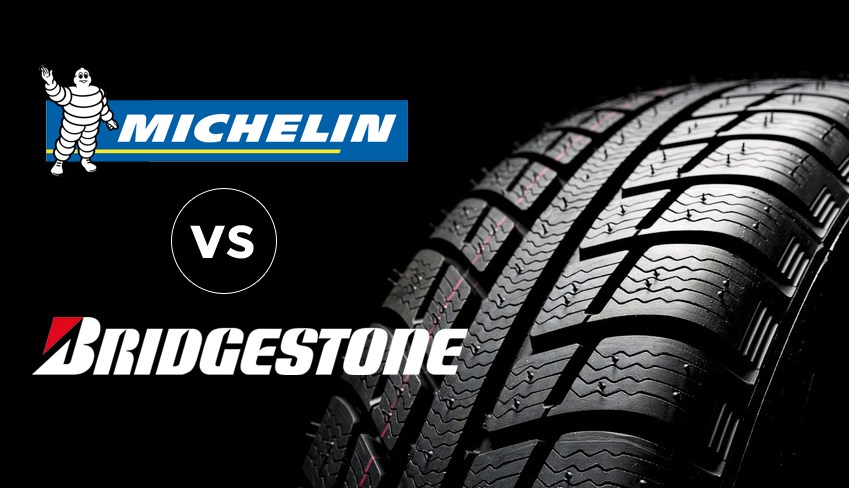 gov.
gov.
| Michelin Tire Model | Tire Type | Treadwear Score | Traction Score | Temperature Resistance |
|---|---|---|---|---|
| Michelin Defender T+H | Passenger All-season | 820 | A | A |
| Pilot Sport A/S 3 Plus | High-performance All-season | 500 | AA | A |
| Michelin Premier A/S | Performance touring All-season | 640 | A | A |
| Michelin LTX M/S2 | Truck/SUV All-season | 720 | A | A |
However, it’s important to note that the NHTSA does not conduct these tests. Manufacturers and independent companies are responsible for tire testing. If you’re curious about a Michelin tire you already own, you can check the tire’s sidewall for the UTQG grade.
Michelin tires come in a variety of models, most of which are top performers in their categories. For passenger cars, trucks, and SUVs, Michelin sells some of the most popular tire models on the market.
For passenger cars, trucks, and SUVs, Michelin sells some of the most popular tire models on the market.
Using data from TireBuyer, a few of Michelin’s highest-rated tires include:
Each of the tire models listed performs above average in terms of treadwear, traction, and temperature resistance when compared to competitors’ models.
Michelin offers both original equipment (OE) and replacement tires, but its OE options are not covered under a mileage warranty.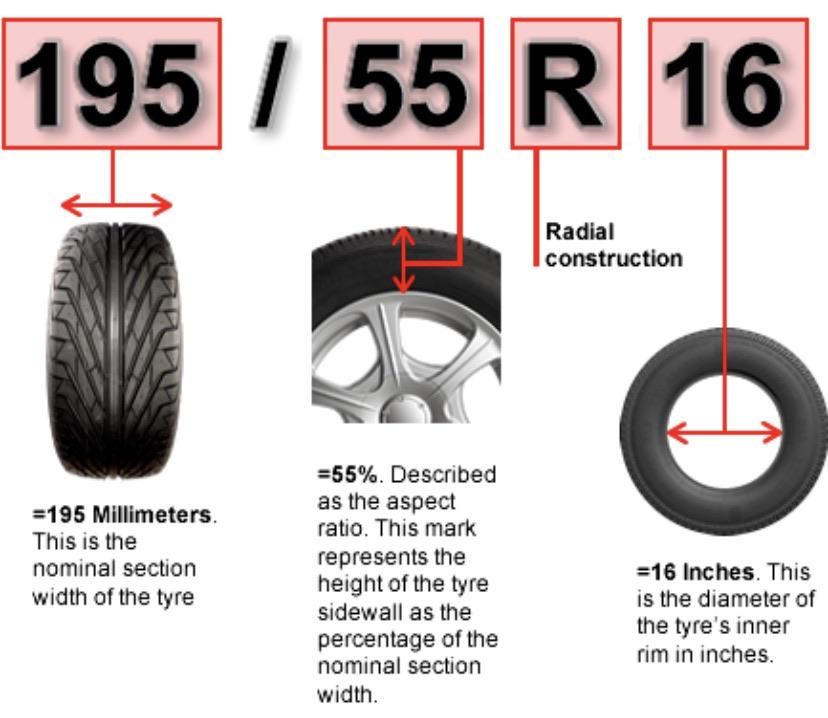 All replacement models are covered under a six-year Michelin Promise Plan?. This limited warranty covers any defects in workmanship or materials. Some Michelin tires also come with a mileage warranty, which guarantees your tread lasts for a certain number of miles.
All replacement models are covered under a six-year Michelin Promise Plan?. This limited warranty covers any defects in workmanship or materials. Some Michelin tires also come with a mileage warranty, which guarantees your tread lasts for a certain number of miles.
It’s no secret that Michelin tires are expensive. According to TireBuyer, Michelin tires cost anywhere from $90 to $529, depending on the type and size of your tire. Most standard-size all-season Michelin tires for passenger cars, SUVs, and crossovers cost less than $200 each.
Although this is a little higher than other brands, the price largely reflects the quality of rubber Michelin uses, as well as its lengthier treadwear warranties.
To give you a better idea of Michelin tires and their overall quality, we compiled a few customer reviews from TireBuyer. Across the board, Michelin tire reviews are positive. Customers are often impressed with their durability and long-lasting tread life. However, one or two Michelin models did miss the mark.
However, one or two Michelin models did miss the mark.
Here’s an overview of customer experiences with Michelin tires:
“The [Michelin LTX A/T2] came stock on my 2019 F-250. At 12,000 miles, they don’t show any wear… My biggest surprise is how well they do in mud. I’ve pulled the trailer through some fairly deep, nasty mud. I had to use four-wheel drive, but these tires threw the mud all over the truck/trailer and kept the tread clear.”
– SOMD Dan via TireBuyer
“Bought my Suburban new with a set of [Michelin Energy Saver A/S] tires. Just now replacing for the first time at 72,000 miles. Definitely notice a much better fuel economy… All-around, a great tire to buy. I drive a lot (45,000 to 75,000 miles a year), so really happy I found this product.”
– Glen via TireBuyer
“The [Michelin Premier LTX] is almost worn out at 22,000, mostly long-distance road miles. I have rotated them every 5,000 miles. I had to have them rebalanced twice, and they actually hydroplaned on me once. Never had a tire to do that.”
I have rotated them every 5,000 miles. I had to have them rebalanced twice, and they actually hydroplaned on me once. Never had a tire to do that.”
– Jack via TireBuyer
“I have a Corvette C7 Z06. I bought the Michelin Pilot Sport Cup 2 tires for track day. They did hold the track very well. My problem is, I wore them out in one day. That’s a little too expensive for me.”
– Steve via TireBuyer
We gave Michelin tires 4.5 out of 5.0 stars and recognized the manufacturer for having the Best Tires Overall in our 2021 industry review. Michelin’s many quality tire options, positive customer reviews, and shining industry reputation make it a smart choice for most drivers. The only drawback is Michelin tires’ higher price point.
To start shopping for Michelin tires, visit TireBuyer.com.
If you want to compare Michelin tires with a few of our other top recommended tire manufacturers, we recommend checking out Cooper and Pirelli. These brands also scored highly in our industry-wide review and may offer strong tire options for your vehicle.
These brands also scored highly in our industry-wide review and may offer strong tire options for your vehicle.
If Michelin tires are out of your price range, consider purchasing Cooper tires. According to TireBuyer, Cooper tires range from about $65 to $475, depending on the type and size of the tire. An independent tire manufacturer, Cooper products are mostly sold online or through participating dealerships.
Compare rates for Cooper tires at TireBuyer.com.
Italian-manufacturer Pirelli is known for its high-performance tires for luxury and exotic car brands. However, the tire company also makes tires for day-to-day cars, trucks, and SUVs. You’ll pay a high price, but the tires you get from Pirelli are high-quality and provide great grip during wet or dry conditions.
Compare rates for Pirelli tires at TireBuyer.com.
Michelin has been the leader in the tires industry for over 100 years and continues to be one of the top-selling tire companies in the world.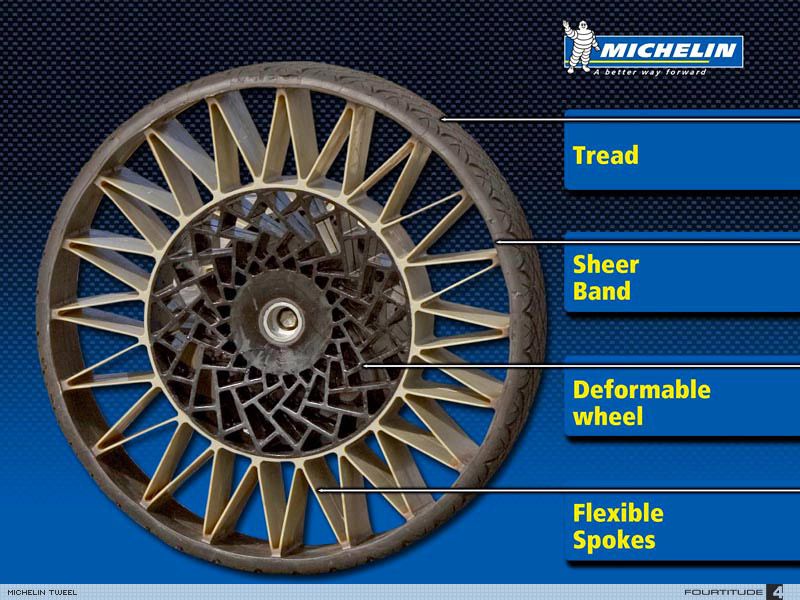 It also owns BF Goodrich, which is focused on SUV and performance tires, and the more budget-friendly Uniroyal brand. Michelin has a long history of innovation, receives consistently high marks for quality, and has a strong environmental ethic.
It also owns BF Goodrich, which is focused on SUV and performance tires, and the more budget-friendly Uniroyal brand. Michelin has a long history of innovation, receives consistently high marks for quality, and has a strong environmental ethic.
Michelin Tires has been awarded Car Talk’s top accolade, the Golden Wrench Award in three categories.
Michelin is the world's top tire manufacturer and leads the industry in innovation and trust. As our top Golden Wrench winner for Best Brand overall, Michelin has a trusted track record for quality and longevity.
Michelin CrossClimate2 is our Golden Wrench winner and top pick for Best All Season Tire due to its innovative design and Michelin's thermal adaptive all-season tread compound. The unique design offers superior dry, wet and wintertime performance.
The unique design offers superior dry, wet and wintertime performance.
Michelin Pilot Sport 4S is our Golden Wrench winner and top pick for Best Performance Tire on the market today. This superior tire scored the highest marks for flexibility, grip and traction. The Pilot Sport 4S is a precision tool that offers spectacular performance.
CrossClimate2
Golden Wrench Winner - Best All Season Tire
See Prices
Owners who previously used dedicated winter tires are moving to the CrossClimate2 and finding its winter capabilities in snow and on ice are near to that of a dedicated winter tire, but without the compromises and annual tire swap hassles.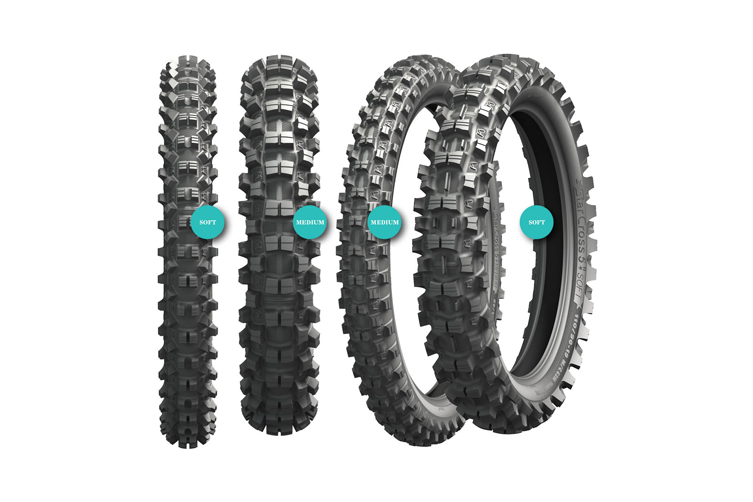 The Michelin CrossClimate2 is an all-season grand touring tire that offers exceptional performance all year long. It features a tread compound designed to handle dry, wet, and winter weather with rubber that stays flexible in low temperatures. It even has a three-peak mountain snowflake (3PMSF) rating, something not found on every all-season. In addition to specially formulated rubber, the tread pattern has steep angles that funnel water away from the contact patch to reduce hydroplaning and increase traction. Michelin employs its PIANO noise reduction tuning, which has a tread pattern that reduces airborne noise. Based on Car Talk’s testing this tire is a great replacement for any OEM all-season tire. Owners of electrified vehicles report no meaningful loss of range. In our own testing over 10,000 miles, we observed no MPG reduction, no added noise, and the tire outperformed the stock tires on our test CX-5 in every way.
The Michelin CrossClimate2 is an all-season grand touring tire that offers exceptional performance all year long. It features a tread compound designed to handle dry, wet, and winter weather with rubber that stays flexible in low temperatures. It even has a three-peak mountain snowflake (3PMSF) rating, something not found on every all-season. In addition to specially formulated rubber, the tread pattern has steep angles that funnel water away from the contact patch to reduce hydroplaning and increase traction. Michelin employs its PIANO noise reduction tuning, which has a tread pattern that reduces airborne noise. Based on Car Talk’s testing this tire is a great replacement for any OEM all-season tire. Owners of electrified vehicles report no meaningful loss of range. In our own testing over 10,000 miles, we observed no MPG reduction, no added noise, and the tire outperformed the stock tires on our test CX-5 in every way.
Specs:
Pilot Sport 4S
Golden Wrench Winner - Best Performance Tire
See Prices
The Michelin Pilot Sport 4S is the ultimate max high performance tire. This excellent performance offering was developed and designed with care for the serious sport driver. The unique asymmetric tread pattern and innovative, durable rubber compound used in the creation of this tire make for superior handling and wet braking performance. Don’t be fooled by the ”4S” moniker. This is a summer-only tire. If you drive your performance car at temps below 40F, consider the Michelin Pilot Sport All Season 4 Tire instead.
This excellent performance offering was developed and designed with care for the serious sport driver. The unique asymmetric tread pattern and innovative, durable rubber compound used in the creation of this tire make for superior handling and wet braking performance. Don’t be fooled by the ”4S” moniker. This is a summer-only tire. If you drive your performance car at temps below 40F, consider the Michelin Pilot Sport All Season 4 Tire instead.
Specs:
Latitude Tour
Best SUV Tire
See Prices
The Michelin Latitude Tour is an all-season tire for crossovers, SUVs, and light trucks. It combines comfort, wear, and fuel efficiency with a long tread life and low rolling resistance. It provides year-round traction on wet, dry, and lightly snow-covered roads. They feature a silica-based compound and a symmetric tread design to extend tread life. Stable shoulder blocks and a center rib help with responsiveness and stability while a computer-optimized design reduces noise for better ride quality.
Stable shoulder blocks and a center rib help with responsiveness and stability while a computer-optimized design reduces noise for better ride quality.
Specs:
Defender LTX M/S
Best Truck Tire
See Prices
The Michelin Defender LTX M/S is an all-season tire that combines a long tread life with all-season capability. It offers a smooth, quiet ride with traction in dry, wet, and winter conditions, including light snow. The rubber compound used for these tires holds up better in tough situations with a tread pattern to manage a variety of road conditions. Its four-channel pattern has multiple grooves to help push water away from the contact patch and improve traction. There are also twin steel belts to provide strength and durability for handling heavy loads.
Specs:
Primacy Tour A/S
Best Passenger Car Tire
See Prices
The Michelin Primacy Tour A/S is a grand touring all season tires for sedans, coupes, crossovers, and SUVs. It is designed to provide a smooth ride, minimal noise, and year-round traction. Wet or dry, cold or hot, and even light snow conditions are all well-managed by this tire. It has a five-rib asymmetric tread that enhances the ride and minimizes noise with wide shoulder blocks to improve dry handling and lateral grip. Grooves and sipes help funnel water away from the contact patch and improve traction on snow and ice. Car Talk recently tried these tires on the all new Hyundai Ioniq 5 in a snowstorm and we came away impressed.
It is designed to provide a smooth ride, minimal noise, and year-round traction. Wet or dry, cold or hot, and even light snow conditions are all well-managed by this tire. It has a five-rib asymmetric tread that enhances the ride and minimizes noise with wide shoulder blocks to improve dry handling and lateral grip. Grooves and sipes help funnel water away from the contact patch and improve traction on snow and ice. Car Talk recently tried these tires on the all new Hyundai Ioniq 5 in a snowstorm and we came away impressed.
Specs:
X-Ice Xi3
Best Winter Tire
See Prices
The Michelin X-Ice Xi3 is a studless winter tire for coupes, sedans, minivans, and crossovers. It gets good traction in snow and ice and sure handling in cold, winter weather. It’s also a low rolling resistance tire, which helps improve fuel economy.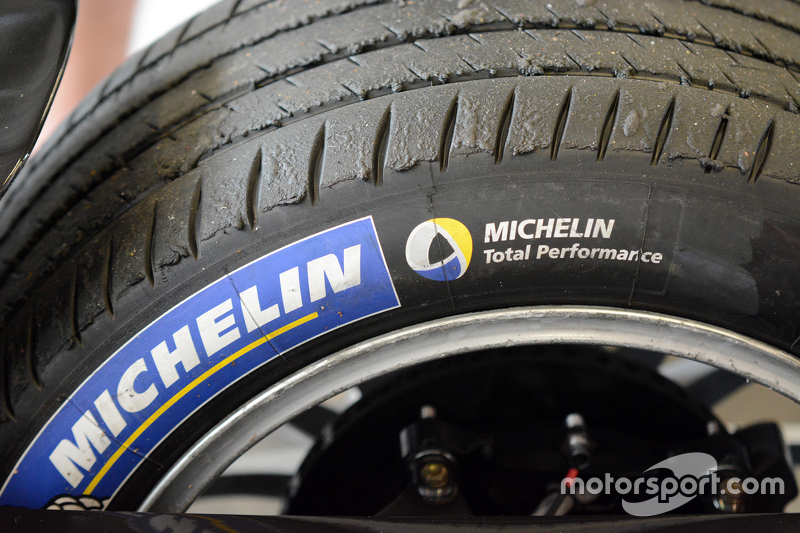 A silica-based rubber compound helps the tire stay firm when weather is warmer while remaining flexible at low temperatures. The tread design pushes water and slush to the side to avoid hydroplaning and the sipe pattern improves stiffness for better treadwear. These tires meet the industry’s severe snow service requirements and feature the three-peak mountain snowflake (3PMSF) symbol.
A silica-based rubber compound helps the tire stay firm when weather is warmer while remaining flexible at low temperatures. The tread design pushes water and slush to the side to avoid hydroplaning and the sipe pattern improves stiffness for better treadwear. These tires meet the industry’s severe snow service requirements and feature the three-peak mountain snowflake (3PMSF) symbol.
Specs:
LTX A/T 2
Best Off Road Tire
See Prices
The Michelin LTX A/T 2 tire is an off-road, all-terrain tire for pickup trucks and SUVs. It manages rugged, off-road driving with a unique tread design that enhances traction in dirt, mud, gravel, wet grass, and snow. This doesn’t come at the sacrifice of on-road comfort. It’s low noise with good fuel efficiency and a long-lasting tread that wears evenly.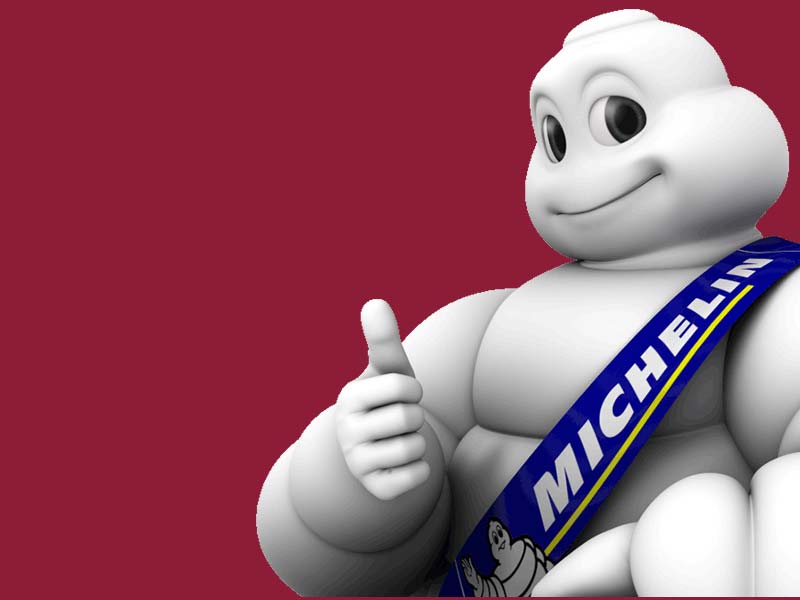 The design of this tire reduces vibration and road noise while steel belts enhance durability and puncture resistance.
The design of this tire reduces vibration and road noise while steel belts enhance durability and puncture resistance.
Specs:
Michelin has been around for a long time making it a brand you can trust. You know what you’re getting and you can be assured they’ll stand behind their product. Continued technical innovations make Michelin tires more fuel efficient and reduce their environmental impact while improving overall performance. There’s also a wide variety of tires so it’s not hard to find one perfectly suited to your vehicle and how you drive.
Technical Innovations: They might look the same as the tires you put on your car years ago, but today’s tires feature new compounds and new designs that make them more efficient and provide better traction. Michelin continues to introduce new tires that make use of the latest innovations.
Michelin continues to introduce new tires that make use of the latest innovations.
Quality: Not every tire is created equal and you get what you pay for with tires. Spending less may save you money today, but it could cost you in the long run when your new tires don’t last as long as expected. Michelin’s reputation for quality means you know its tires will perform as advertised.
Environmental Responsibility: Tires don’t last forever, creating lots of rubber waste. Michelin is focused on developing more environmentally friendly options that reduce waste and improve fuel efficiency.
There are lots of tire brands out there and the internet makes it easy to do your research before you buy. Make sure the brand you choose has a good reputation for supplying quality tires that don’t wear out before their time. Cheaper brands may seem like a deal, but buying tires from an unknown could mean you’re buying tires that won’t hold up like the established brands.
Read more on the Best Tire Deals available here.
See our overall recommendations for Best Tires
See our recommendations for the 10 Best Tire Brands for 2022
The life of a tire depends on the tire itself and how you drive. Those burnouts that are oh-so-fun will shorten your tire life considerably.
Michelin offers a wide variety of sizes. If it has wheels, Michelin probably has a tire that fits.
Comparable brands to Michelin include Bridgestone, Continental, and Goodyear.
Michelin tires are widely available online. Check Tire Rack or SimpleTire for starters. Read more on the Best Places to Buy Tires Online and Save Hundreds here.
Michelin dominated Car Talk’s Golden Wrench Awards this year. The CrossClimate2 is arguably the biggest tire innovation in the past decade for passenger cars and crossovers. Many manufacturers trust Michelin enough to make the brand its OEM tire choice on new vehicles.
The CrossClimate2 is arguably the biggest tire innovation in the past decade for passenger cars and crossovers. Many manufacturers trust Michelin enough to make the brand its OEM tire choice on new vehicles.
Editor's note and disclaimer: Car Talk is supported by our fans, readers and listeners. When you click on some of the links on our website, we may receive referral compensation. However, you should know that the recommendations we make are based on our independent editorial review and analyses.
French Michelin and German Continental - which tires are better? The struggle between the two leading premium manufacturers has been going on for a very long time, and it is unlikely that anyone will win a final victory in the near future. Our article is also unlikely to put an end to this issue, but we will still try to figure out which of these giants makes the best tires.
High-quality tires - what to look for?
A little about the rivals
Summer handling
Winter handling
Noise factor
Economy
Strength
Conclusion
Before answering the question of which tires are better - Michelin or Continental, it would be nice to name the criteria for our comparison. Russian roads, which most often have not been repaired for a very long time, will be a test for any tire. Here are the most basic characteristics by which we will choose the best:
Russian roads, which most often have not been repaired for a very long time, will be a test for any tire. Here are the most basic characteristics by which we will choose the best:
Controllability;
Profitability;
wear resistance;
Noise.
The results of the latest October 2019 and March 2020 tests conducted by leading publications and experts will help us make a choice.
Over 25% of the world car market is occupied by Continental products and this is not an empty phrase. The German company has long established itself as a team of professionals in the manufacture of tires for cars and SUVs.
Advanced technologies are used for rubber production. For example, the concept of directional stability (ESC), which allows the car not to stray from the path intended by the driver. It has been steadily introduced into new models for many years - the popular ContiPremiumContact 5 has the same one.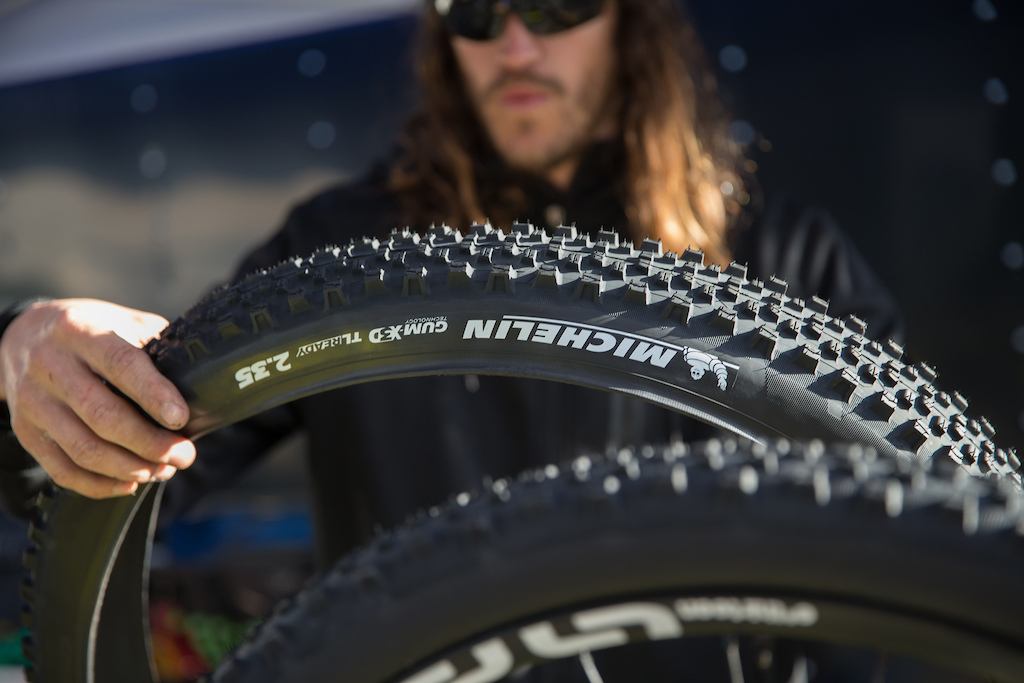 Engineers are most concerned with the safety of the driver, so the Germans consider good braking qualities to be a priority in the manufacture of a rubber compound. The tread designs also help the grip with the track, the main task of which is to provide reliable grip on the track and prevent the car from skidding during an unsuccessful turn. German-made tires start and brake sharply not only on slippery ice and snow, but also on wet road surfaces.
Engineers are most concerned with the safety of the driver, so the Germans consider good braking qualities to be a priority in the manufacture of a rubber compound. The tread designs also help the grip with the track, the main task of which is to provide reliable grip on the track and prevent the car from skidding during an unsuccessful turn. German-made tires start and brake sharply not only on slippery ice and snow, but also on wet road surfaces.
The second auto giant is Michelin, he is also a participant in the Formula 1, Rally and Nascar races. It is unlikely that there are many people who, at least out of the corner of their eye, have not seen the famous logo of the French manufacturer - the funny man Bibendum, made up of many white tires. However, behind the symbol stands an abundant and rich history of high-quality and environmentally friendly products, which have been gaining new fans for more than a hundred years.
Misha's tread designs are specially designed to keep the car on the track in both dry and wet weather.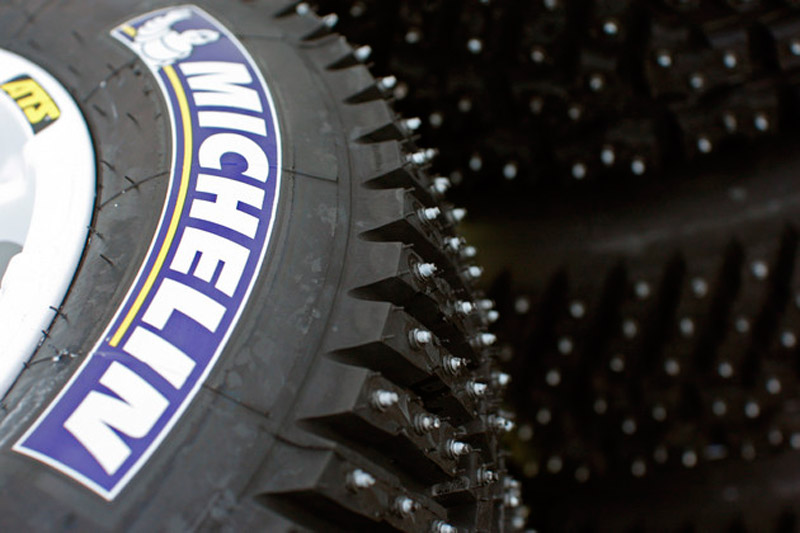 There is a wide choice among the company's products, but the famous Primacy 3, or popularly called "primasya", meets this principle best of all. The car should stand up as if rooted to the spot, and it doesn’t matter what is underneath under its wheels - hot asphalt or slippery slush. On the sides of the central part stretches a pattern responsible for acceleration, braking and contact with the track. In winter conditions, this is of fundamental importance, because the life and health of passengers depends on how tightly the tread will “cling” to the road.
There is a wide choice among the company's products, but the famous Primacy 3, or popularly called "primasya", meets this principle best of all. The car should stand up as if rooted to the spot, and it doesn’t matter what is underneath under its wheels - hot asphalt or slippery slush. On the sides of the central part stretches a pattern responsible for acceleration, braking and contact with the track. In winter conditions, this is of fundamental importance, because the life and health of passengers depends on how tightly the tread will “cling” to the road.
Handling in the warm season, we will determine how well the car keeps on dry and wet roads, how it slows down and how it resists hydroplaning.
The braking distance of the Frenchman at a speed of 100 km / h on a dry road was 32.1 m and this is a worthy result. The German production at the same speed performed worse, but not by much - 33.2 m. In the wet, the Michelin tire is 46.5 m, and the Continental is 47. 2 m, and again the French brand is not much, but pulling ahead.
2 m, and again the French brand is not much, but pulling ahead.
Now controllability. On the wet surface, Konti stood up with dignity - 73.0 km / h average speed of the route. Misha's results are more modest - 71.9 km / h. The dry track did not reveal a clear favorite: the German manufacturer - 116.8 km / h, the French - 116.4 km / h. Lateral stability in this case is 6.9 m/s 2 and 6.10 m/s 2 , respectively.
In longitudinal hydroplaning, Misha is the undisputed favorite with a traction loss speed of 99.1 km/h, Conti is far behind - 93.6 km/h. The transverse does not change the situation much, the German tire with lateral acceleration is better - 3.77 m / s 2 , but the French outperform them here too with 3.87 m/s 2 .
As a result, in terms of handling in the summer, tires from Continental slightly outperformed their competitor only in terms of handling, but also on wet and dry roads. On the rest of the points (braking distance, lateral stability and hydroplaning resistance), the Michelin tire won.
Summer tires | ||
| Michelin | Continental | |
Dry road | ||
| Braking distance, m | 32.1 | 33.2 |
| Handling, km/h | 116.4 | 116.8 |
Wet road | ||
| Braking distance, m | 46.5 | 47.2 |
| Handling, km/h | 71.9 | 73.0 |
| Lateral stability, m/s 2 | 6.10 | 6.9 |
| Transverse aquaplaning, m/s 2 | 3.87 | 3.77 |
| Longitudinal aquaplaning, km/h | 99. | 93.6 |
In braking on a snowy surface at a speed of 50 km/h, Conti overtook Misha with a result of 24.5 m against 24.7 m. : Continental tire - 77.3 km / h; manufacturer Michelin - 76.9km/h
Wet braking at a speed of 80 km / h showed the superiority of the French competitor - 30.4 m; the stopping distance of the German was 31.5 m, which is somewhat more. In wet handling, the Conti wins with a score of 73.7 km/h; Misha has 73.1 km/h. Lateral stability: 12.34 sec. per circle and 12.53 sec. respectively. The German did better with longitudinal aquaplaning, with a traction loss rate of 76.7 km/h; the Frenchman showed himself weaker - 71.7 km / h. In the transverse, the opposite is true: victory for the Michelin tire with a lateral acceleration of 2.61 m / s 2 when Continental is 2.49 m/s 2 .
Conti brakes more effectively on a dry road at a speed of 100 km / h - 44.4 m against 44.5 m for Misha. The same situation with handling: 82.9 km / h and 81.7 km / h.
The same situation with handling: 82.9 km / h and 81.7 km / h.
So, on the snow, the German lost to his opponent only in tractive effort - the French manufacturer turned out to be stronger. Otherwise, Germany is on horseback. She is also a favorite on a dry road. However, its rival has shorter braking distances in the wet, higher lateral stability and lateral aquaplaning. The Conti is easier to handle and does well with longitudinal aquaplaning. Based on this, we will not be able to determine a clear winner on a winter wet road.
Winter tires | ||
| Michelin | Continental | |
Snow | ||
| Braking distance, m | 24.7 | 24.5 |
| Pulling force, N | 3099 | 3072 |
| Handling, km/h | 76. | 77.3 |
Dry road | ||
| Braking distance, m | 44.5 | 44.4 |
| Handling, km/h | 81.7 | 82.9 |
Wet road | ||
| 30.4 | 31.5 | |
| Handling, km/h | 73.1 | 73.7 |
| Lateral stability, m/s 2 | 9009eight 12.34 | |
| Transverse aquaplaning, m/s 2 | 2.61 | 2.49 |
| Longitudinal aquaplaning, km/h | 71.7 | 76.7 |
Michelin has always been the undisputed leader in terms of comfort and quiet driving in the summer - its figure at a speed of 60 km / h is 68.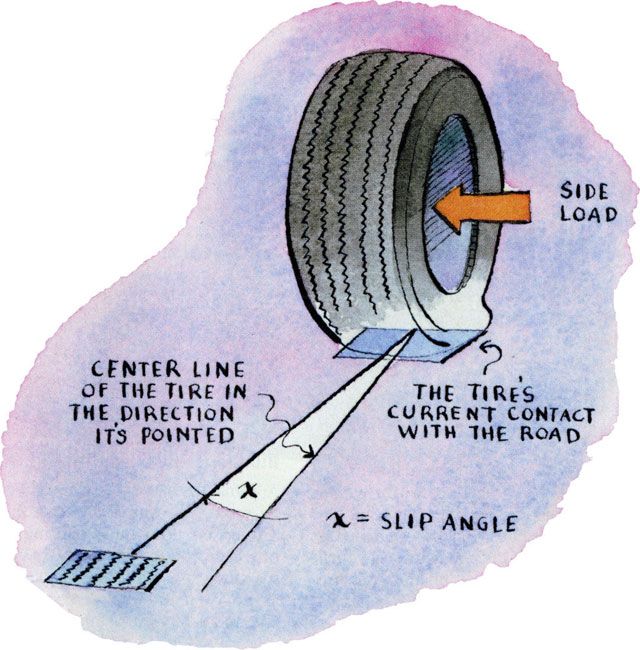 3 dB, and at a speed of 80 km / h - 72.5 dB. The tires of the French manufacturer are almost silent, they gently bypass all the nervousness of the road surface and fight vibration in the cabin - this has always been noted by the jury in most tests and ordinary drivers in their daily experience. However, in winter conditions they have problems - 64.1 dB at a speed of 50 km / h and 71.2 dB at 80 km / h.
3 dB, and at a speed of 80 km / h - 72.5 dB. The tires of the French manufacturer are almost silent, they gently bypass all the nervousness of the road surface and fight vibration in the cabin - this has always been noted by the jury in most tests and ordinary drivers in their daily experience. However, in winter conditions they have problems - 64.1 dB at a speed of 50 km / h and 71.2 dB at 80 km / h.
Conti is slightly less comfortable than its French counterpart in summer - 69.2 dB at a speed of 60 km / h and 73.5 dB at a speed of 80 km / h. In the colder months, however, it is quieter than even some summer tires - 61.8 at 50 km/h and 68.9 at 80 km/h.
Noise, db | ||
| Michelin | Continental | |
Summer | ||
| 60 km/h | 68.3 | 69. |
| 80 km/h | 72.5 | 73.5 |
Winter | ||
| 50 km/h | 64.1 | 61.8 |
| 80 km/h | 71.2 | 68.9 |
Rolling resistance directly affects how much fuel a vehicle consumes. In this test, the Continental summer tire confidently outperformed Michelin - 7.63 kg / t against 8.09kg/t. Winter analogues are located in the same way - 8.11 kg/t and 8.57 kg/t, respectively. As a result, we can say with confidence that vehicles from a German manufacturer consume less fuel.
Profitability, kg/t | ||
| Michelin | Continental | |
| Summer | 8. | 7.63 |
| Winter | 8.57 | 8.11 |
In the endurance test of summer tires, Conti confidently took the lead with 44,900 km. Michelin showed more modest results - he drove 33,226 km. In the cold months, the patency turned out to be more powerful for a French-made tire - 51,250 km. Conti lasted 45 920 km, which is also a decent result, but worse than that of the opponent.
Strength, km | ||
| Michelin | Continental | |
| Summer | 33 226 | 44 900 |
| Winter | 51 250 | 45 920 |
In the summer, the French company confidently holds the brand - Michelin outperformed the rival in all respects, except for handling. It is quieter and more comfortable on clean roads, but lost to the German in mileage. However, during the cold weather, the situation turned out to be twofold: Germany is stronger on snow and on a dry winter track, but inferior to an opponent on a wet surface. The Frenchman also withstands more mileage in cold weather.
It is quieter and more comfortable on clean roads, but lost to the German in mileage. However, during the cold weather, the situation turned out to be twofold: Germany is stronger on snow and on a dry winter track, but inferior to an opponent on a wet surface. The Frenchman also withstands more mileage in cold weather.
As a result, if you are not a fan of crazy races and steep turns, take Michelin tires for the summer. Connoisseurs of calm and reliable trips will like French tires. The situation is more complicated in the winter months: although the Continental tire has shown its strengths, it is difficult to call it a confident favorite. The opponent is in no way inferior to her, and in terms of endurance they look even more profitable, but Conti, due to excellent grip on dry roads and snow, still differs from the opponent for the better.
No one is saying that this article deprives you of your own choice. After all, maybe you like GoodYear more? What we have voiced is based on the opinion of experts, but experienced drivers who have traveled more than one thousand kilometers in their lives have their own recommendations and ways to choose a new thing.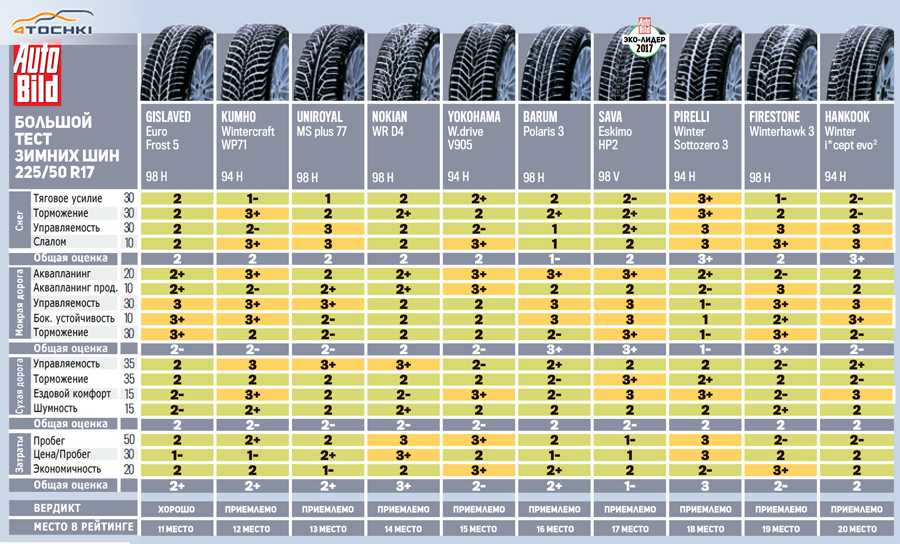 Go to the reviews section and draw your own conclusions!
Go to the reviews section and draw your own conclusions!
Moscow and Moscow Region 8 (495) 215-20-68
Regions of the Russian Federation 8 (800) 555-20-68
Tire Michelin Pilot Sport 4
Brand
Michelin
Model name
Pilot Sport 4
Season Tire replacement: above +7°С - summer, below +7°С - winter. ">
Summer
Vehicle type
Car
Tread pattern Responsible for drainage, grip, braking.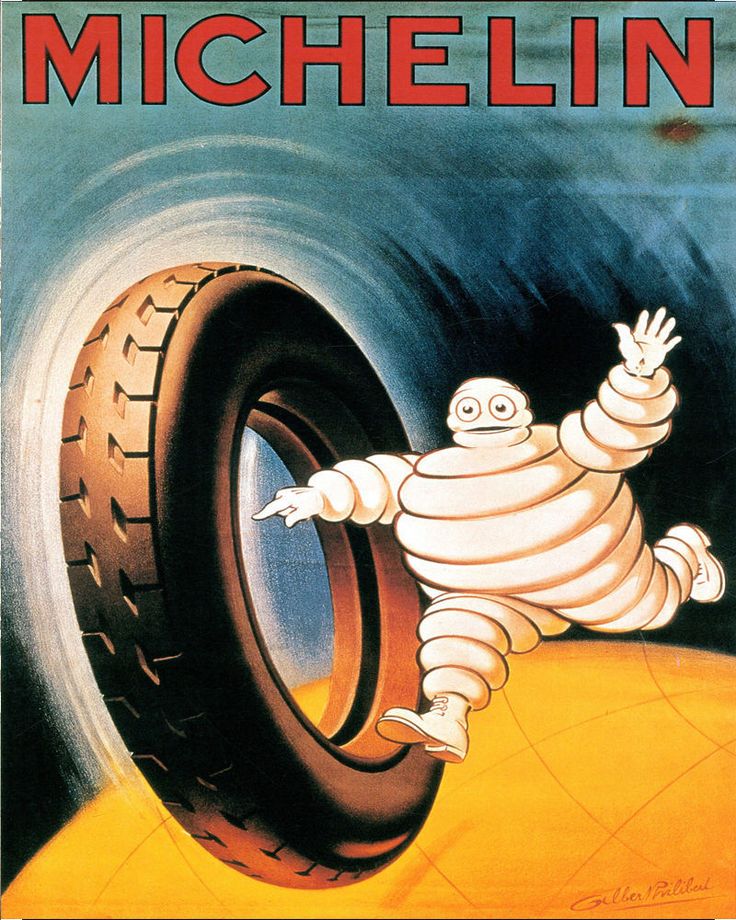 ">
">
Non-directional asymmetrical
Diameter
16 / 17 / 18 / 19 / 20 / 21
Speed index
W (up to 270 km/h) / Yin4 Sport (up to 300 km/h) Buy tires 90 4
Rating 4.8
102 customer reviews
5. 0
0
The user chose to hide their data
NISSAN Note 2014 1.6 E11
User experience: over a year
Advantages: Soft, comfortable, stable
Comment: My wife is driving, she doesn't complain, everything is fine.
December 06, 2022
5.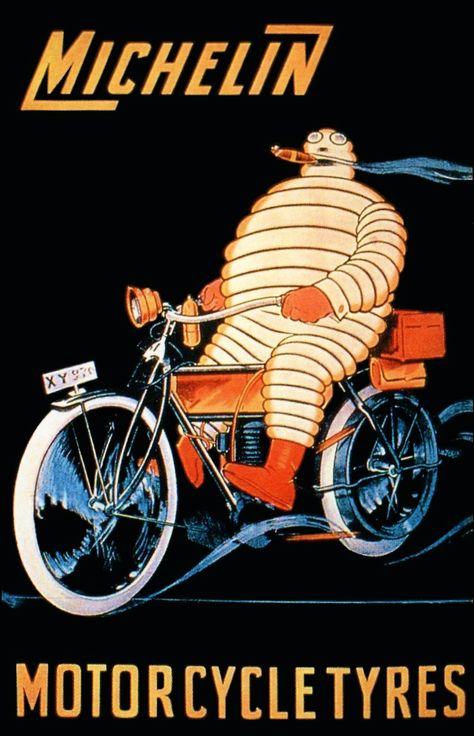 0
0
The user chose to hide their data
MERCEDES E-Class 2011 300 W212 Sedan
User experience: more than a year
Advantages: The tires are soft, comfortable, I liked the handling in corners at speed, good grip, excellent road holding. Doesn't notice the rut much, but it probably depends on the dimension.
Drawbacks: Wear
December 06, 2022
5.0
The user chose to hide their data
AUDI A5 2018 2.0 TDI Quattro F5 Sportback
User experience: more than a year
Advantages: Handling
Disadvantages: No
Comment: Excellent handling in any weather, keeps track perfectly.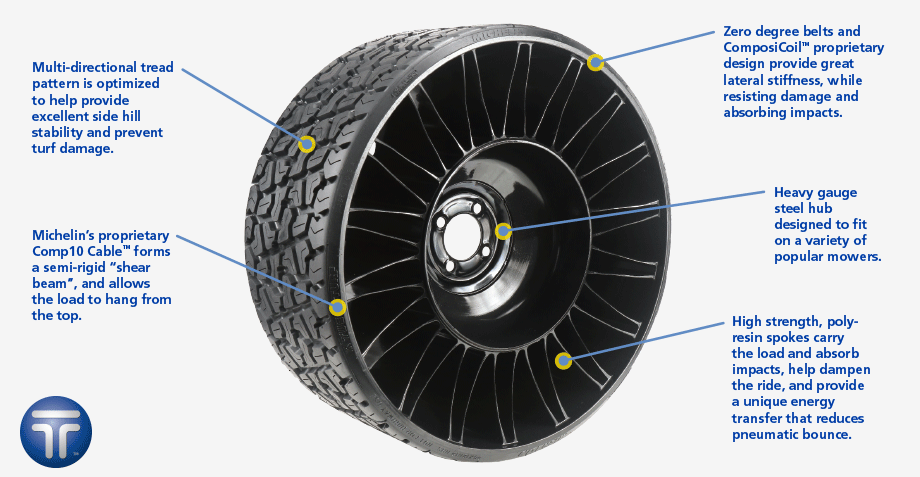 The tires are really cool, the manufacturer, as always, pleased. In turns comes perfectly, rubber is not noisy.
The tires are really cool, the manufacturer, as always, pleased. In turns comes perfectly, rubber is not noisy.
December 04, 2022
5.0
Evgeniy
BMW 7-series 2018 740 i G11/G12
User experience: more than a year
Advantages: Holds the track well in bad weather, and when it's dry, and at low and high speeds.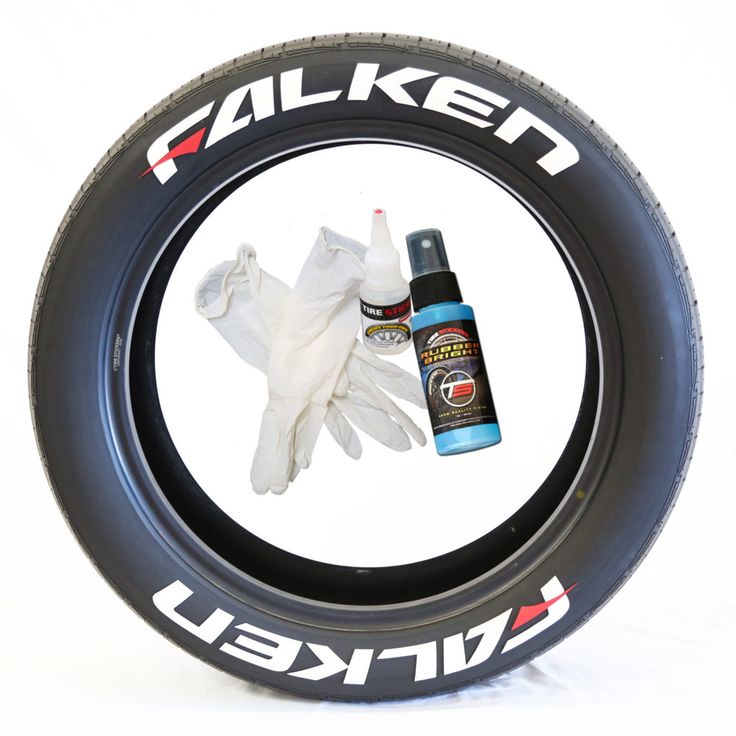 The car does not skid in corners - the grip is excellent. The tire is soft and quiet.
The car does not skid in corners - the grip is excellent. The tire is soft and quiet.
Disadvantages: Expensive.
Comment: Although it is expensive compared to budget, at least you know what you are paying for.
December 04, 2022
5. 0
0
The user chose to hide their data
MERCEDES C-Class 2016 180 d W205 Sedan
User experience: more than a year
Advantages: Good grip, I can't say anything bad about stiffness and noise. Rubber copes well on wet surfaces and even more so on dry ones.
Disadvantages: I did not find it for myself
Comment: The sidewall is very durable to the touch, practically does not sag under the weight of the car.
December 04, 2022
5.0
The user chose to hide their data
2016 LEXUS ES 250 (2015-2018) XV60
User experience: more than a year
Advantages: Comfortable in terms of noise, not rigid, withstands shock. Excellent handling on wet pavement!
Excellent handling on wet pavement!
Disadvantages: Price
Comment: Sport style tires provide such comfort, very satisfied.
December 04, 2022
5.0
Ren Alexander Viktorovich
SKODA Superb 2017 2.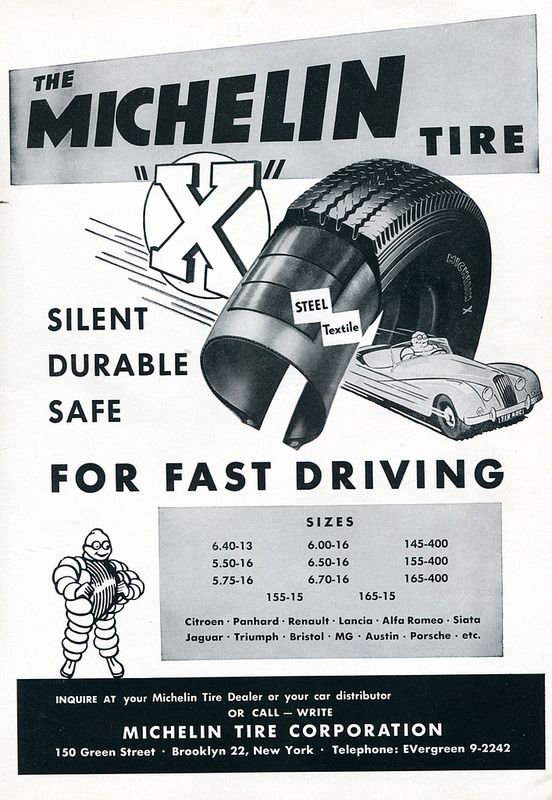 0TSI 4x4 3V(B8) Combi
0TSI 4x4 3V(B8) Combi
User experience: more than a year
Advantages: Specially bought this rubber because of its quietness in movement and softness. The track keeps well, the braking distance is minimal, safe.
Disadvantages: no
Comment: went to Pirel before, I can say that it's just heaven and earth. As for durability, it seemed normal to me, because I drove it to Kazan and everything is fine.
December 04, 2022
5.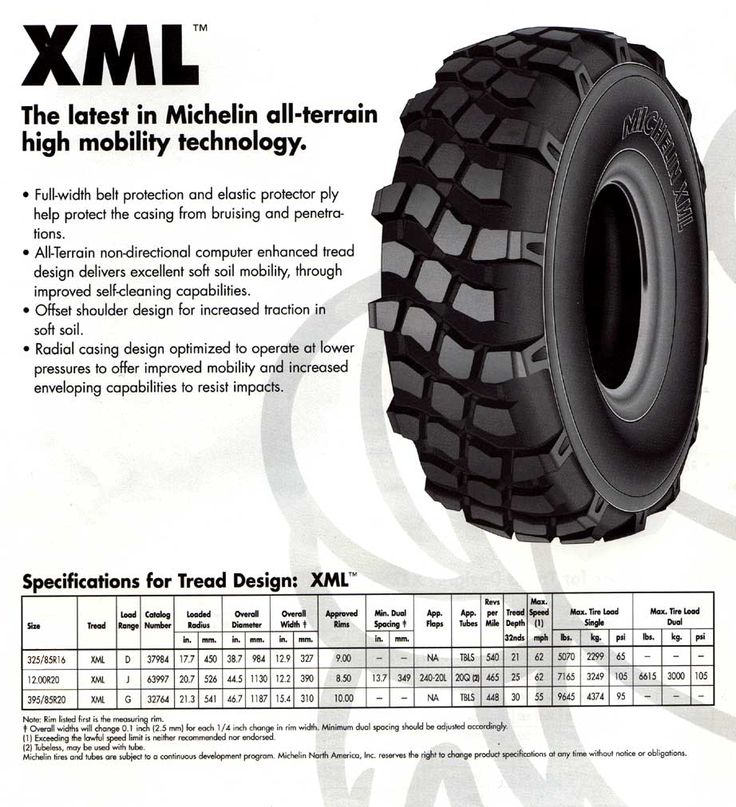 0
0
The user chose to hide their data
User experience: more than a year
Advantages: Decent road holding, good handling when cornering. I did not observe hydroplaning, it effectively removes water.
Weaknesses: Did not detect
December 03, 2022
4.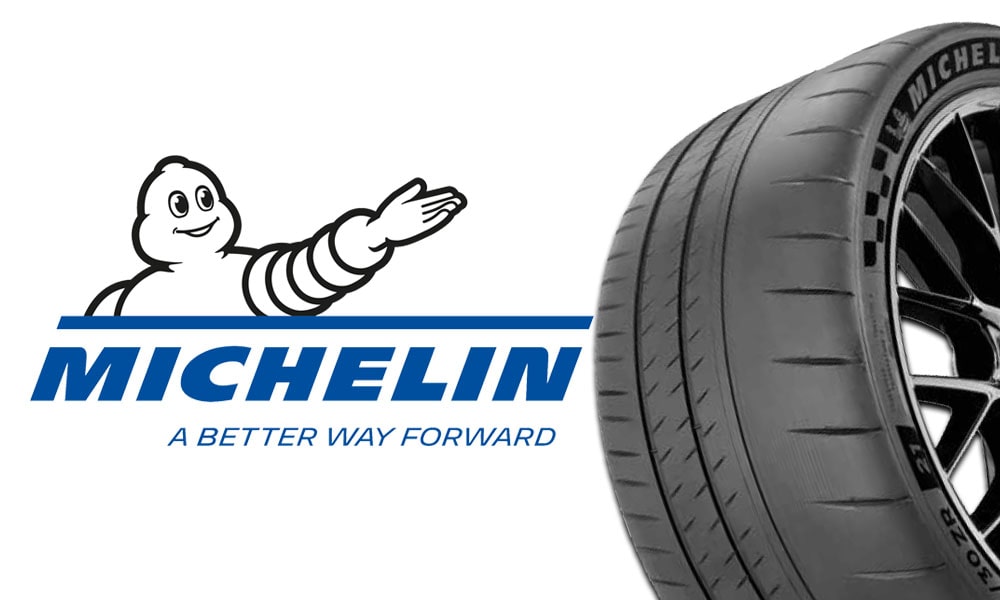 0
0
The user chose to hide their data
BMW 3-series 2017 320 i xDrive (2015-2018) F30 Sedan
User experience: more than a year
Advantages: Good quiet tires, but when driving fast they wear out in 1.5 seasons.
Disadvantages: Wear is quite short.
December 03, 2022
5.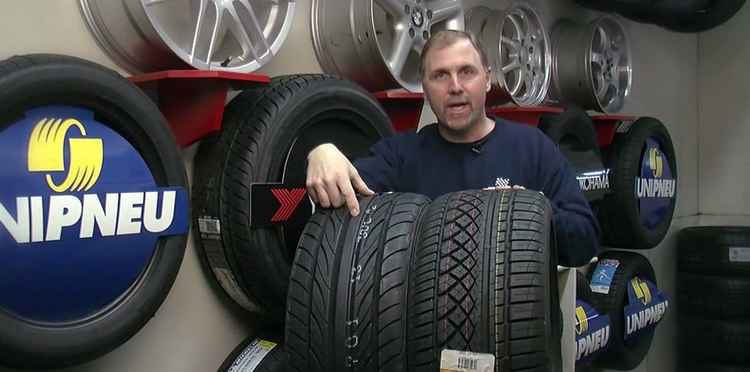 0
0
The user chose to hide their data
BMW 3-series 2017 320 i xDrive (2015-2018) F30 Sedan
User experience: over a year
Advantages: Quality, reliable grip at high speed.
December 03, 2022
1
2
3
4
5
6
”
Last
Real reviews of car owners about Michelin Pilot Sport 4. Opinions of operating owners - dignity and deficiencies. Michelin Pilot Sport 4 tires - the pros and cons of using.
Michelin Pilot Sport 4 tires - the pros and cons of using.
BlackTyres is an online car tire store with a huge selection of brands and models. In order not to get lost among the many commodity items, as well as to get detailed information on each model, there is a section on our website with real reviews from the owners of such tires. Reviews provide an opportunity to get acquainted not only with the characteristics declared by the manufacturer, but also with the real experience of their use by buyers.
If you have also used Michelin Pilot Sport 4 tires, we offer you the opportunity to share your impressions with other car owners. Indicate the most complete information, both positive and negative, if any. We would appreciate the following information:
